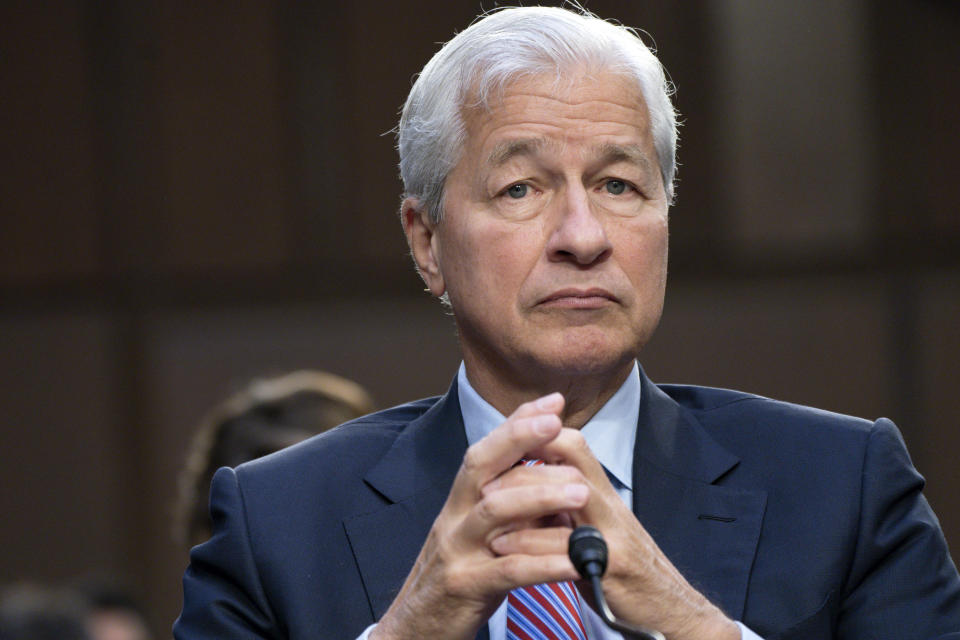The finance industry is no stranger to scandal and controversy, but recent developments concerning JPMorgan, one of the world’s leading financial institutions, has taken center stage. A new chapter has unfolded in the Jeffrey Epstein saga, with an Epstein accuser seeking new testimony from JPMorgan’s CEO Jamie Dimon. This unanticipated legal move could have substantial implications for the banking giant and the broader financial sector.
JPMorgan Chase & Co., led by Jamie Dimon, has long stood as a pillar of global finance. Dimon’s leadership and strategic decisions have solidified the bank’s position in the competitive market. However, the request for his testimony regarding the Epstein case is an unforeseen development that could potentially alter JPMorgan’s reputation and the perception of its management.
Epstein, a financier and convicted sex offender, had deep ties to the world of finance and banking, including a long-standing relationship with JPMorgan. The renewed interest in Epstein’s financial dealings in the wake of his controversial death has placed a spotlight on his association with JPMorgan.
The Epstein accuser’s request for new testimony from Dimon isn’t just an isolated legal proceeding—it is part of a broader attempt to shed light on Epstein’s financial transactions and the institutions that enabled them. The case brings forward questions about the role of major financial institutions and their accountability in such situations.
Should Dimon be called to testify, it would represent an unprecedented step. A CEO of such a high-profile financial institution rarely faces such direct legal scrutiny. The implications for JPMorgan and the finance industry could be significant, depending on the nature and outcome of any testimony given.
This development underlines the critical importance of transparency and accountability in finance. It demonstrates the necessity for strict due diligence procedures and stringent anti-money laundering controls within financial institutions












